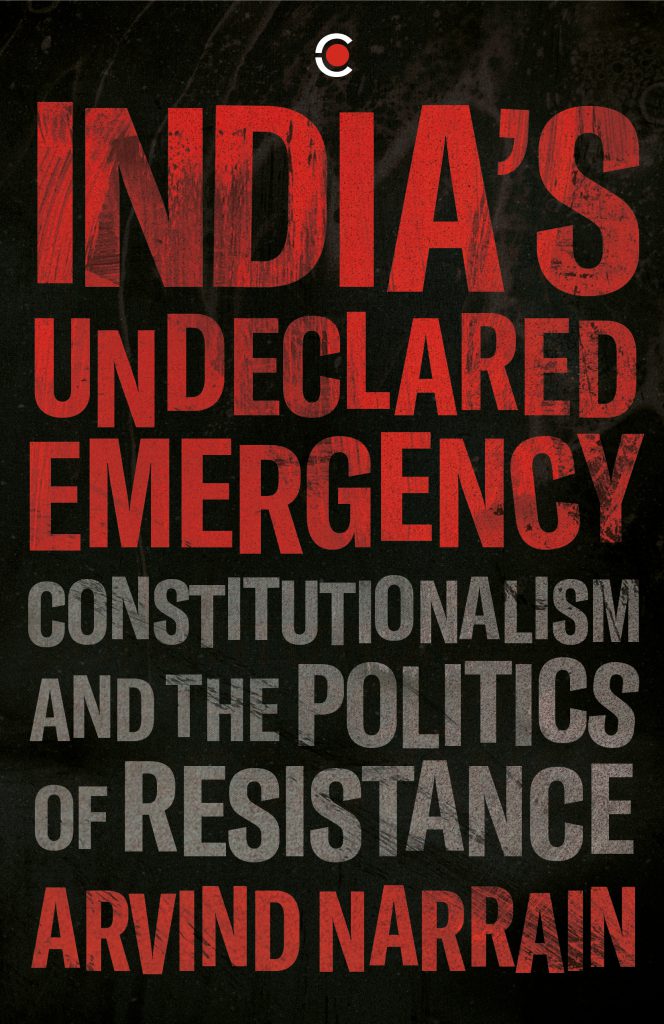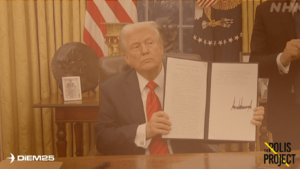
India’s Undeclared Emergency: Constitutionalism and the Politics of Resistance – A book excerpt

In 1975, the Indira Gandhi government declared Emergency in India, unveiling an era of State excesses, human rights violations, the centralisation of power and the dismantling of democracy. Nearly half a century later, the phrase ‘undeclared emergency’ gathers currency as citizens and analysts struggle to define the nature of India’s present crisis.
In Undeclared Emergency, Arvind Narrain presents a devastatingly thorough examination of the nature of this emergency—a systematic attack on the rule of law that hits at the foundation of a democracy, its Constitution. This clear-eyed legal analysis of its implications also documents an ongoing history of constitutional subversion, one that predates the Narendra Modi-led NDA government—a lineage of curtailed freedoms, censorship, preventive detention laws and diluted executive accountability.
Is history repeating itself then? Not quite. This book is an account of an inaugural era in Indian history. Narrain shows that the Modi government, unlike the Congress government of 1975, draws on popular support and this raises the dangerous possibility that today’s authoritarian regime could become tomorrow’s totalitarian state.
A lament, the Undeclared Emergency is also a war cry. It charts an alternative inheritance of resistance, acts big and small from the Emergency of 1975, the current day and times long gone. Dissent, he says, is an Indian tradition.
Excerpted with permission from India’s Undeclared Emergency: Constitutionalism and the Politics of Resistance by Arvind Narrain, published by Context, January 2022
Just like the Indira Gandhi regime during the Emergency of 1975–77, the current Modi regime has a readymade tool to deal with dissent: preventive detention, which is authorised by the Indian Constitution in its Fundamental Rights chapter as Article 22.1 This provision has been referred to as the ‘undemocratic heart of the Indian Constitution’ by former politician P. Padmanabhan. Article 22 on ‘protection against arrest and detention in certain cases’ begins promisingly enough by setting out the rights of the accused person under 22(1) and (2). As per the fi rst clause, an arrested person has the right to be informed ‘as soon as may be’ of the grounds of arrest, the right to ‘consult’ and ‘to be defended by a legal practitioner of his choice’. The second clause directs that the arrested person be produced before a magistrate within twenty-four hours of arrest, and no person shall be detained…
Related Posts


Donald Trump’s Master Economic Plan I Opinion by Yanis Varoufakis




